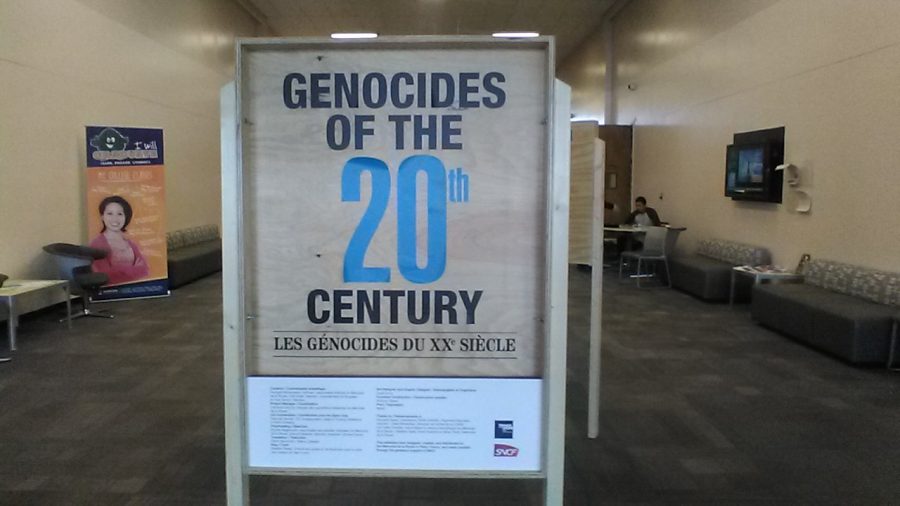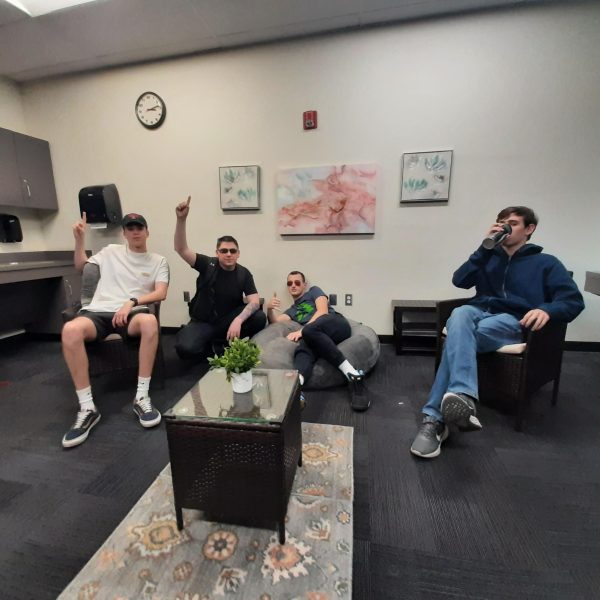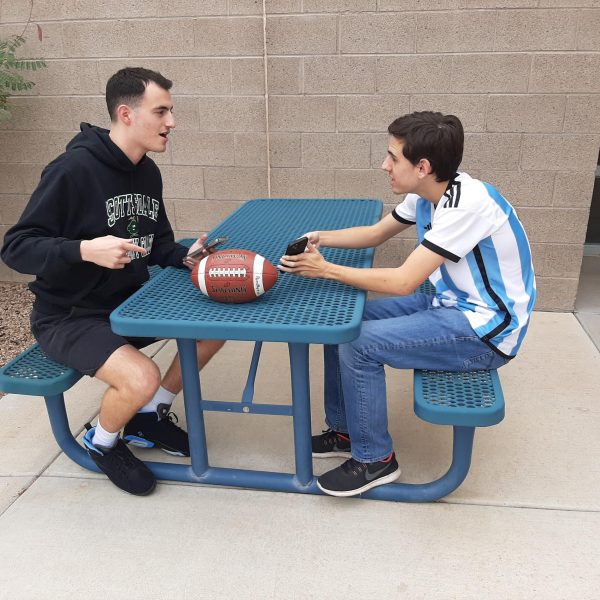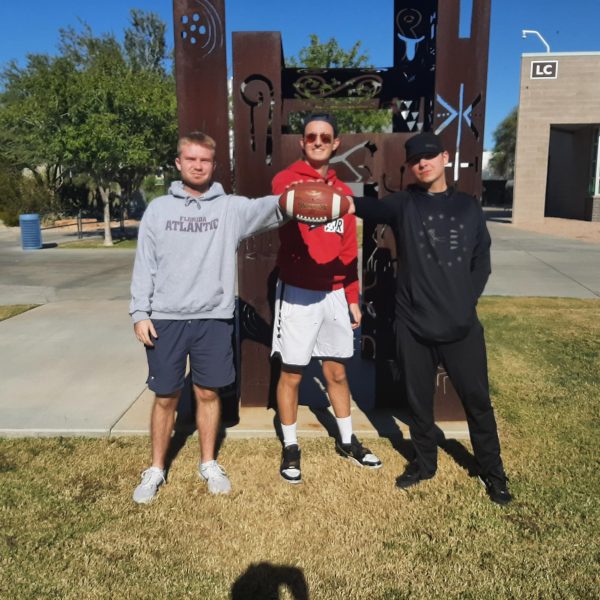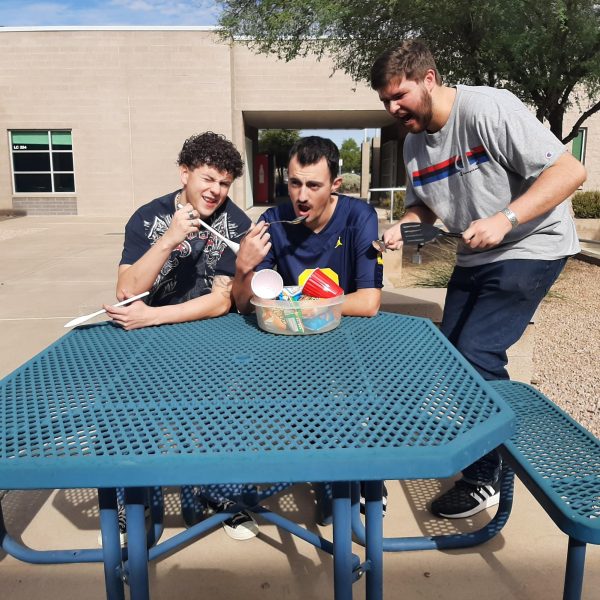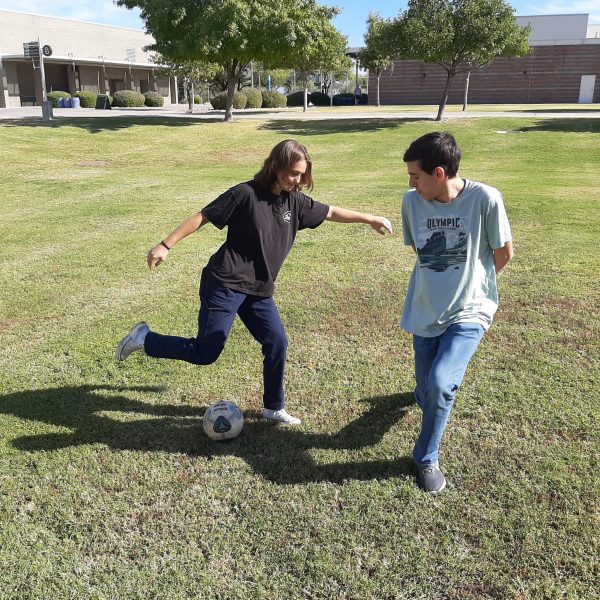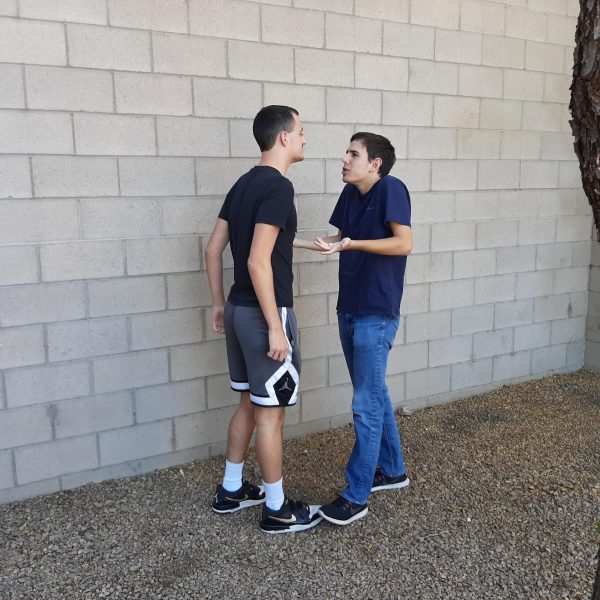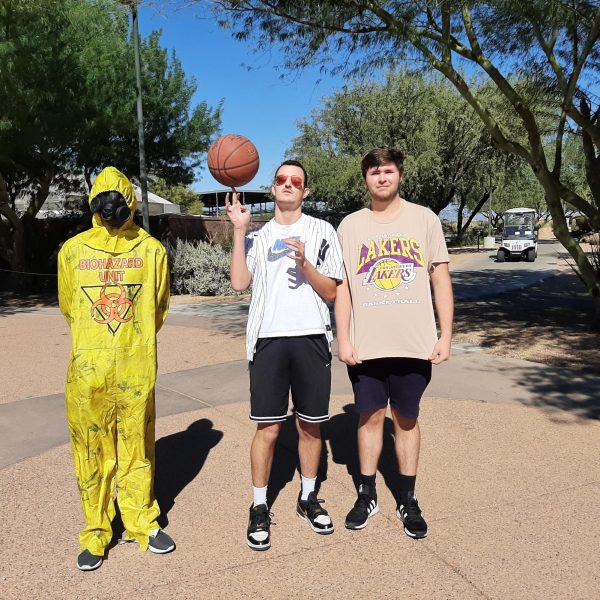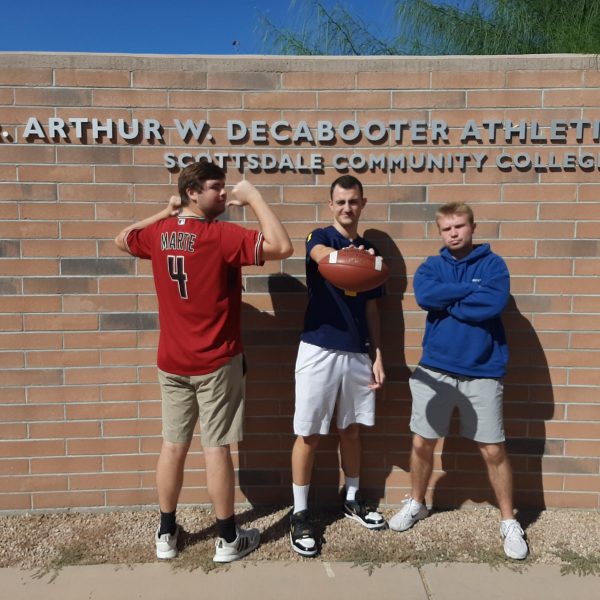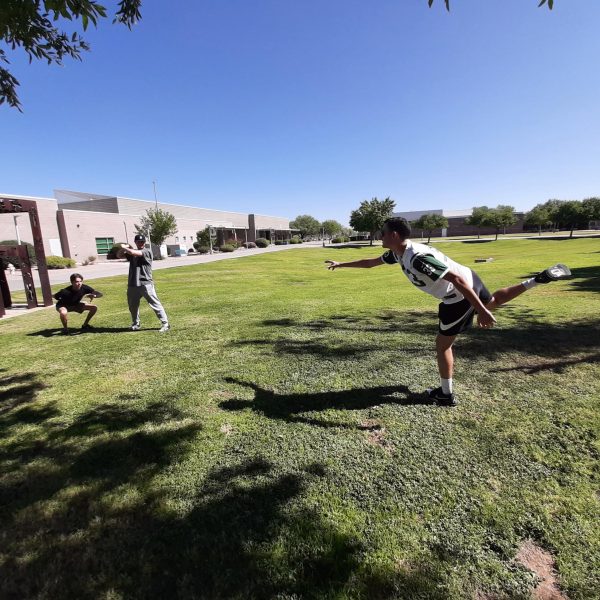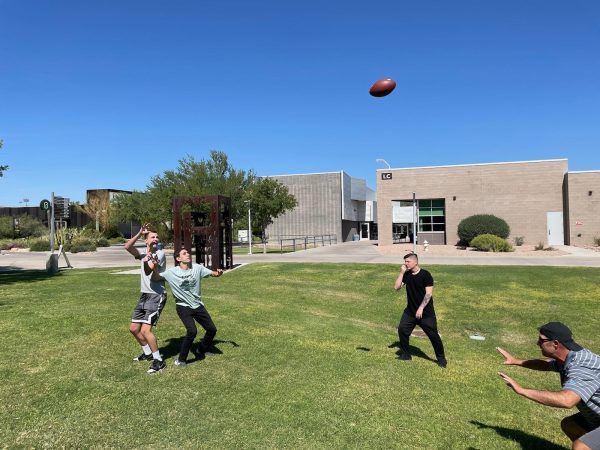SCC genocide exhibit raises awareness
The fifth annual Genocide Awareness exhibit and conference is underway now
Julian Howay/Scottsdale Chronicle
Multiple wooden signs were standing in the main halls of Scottsdale Community College campus describing the different genocides of the 20th century.
February 21, 2017
For the fifth consecutive year, the “Genocide Awareness Week” exhibit and conference will take place at SCC from Jan. 30 until April 28.
“We will also implement an additional exhibit during the conference on Genocide Awareness in April. Participants and speakers will be coming from various countries around the world to convey their diverse perspectives about the genocide,” said John Liffiton, SCC English professor and director of the Genocide Conference.
Implementation of this exhibition is supported by Memorial dela Showa in Paris, France. These exhibits display materials such as images and text that detail the three major world genocides such like the Armenian Genocide, the Holocaust and the Rwandan Genocide in Central Africa. All of the materials will be posted in two languages, English and French.
Liffiton explained that the conference will also have a number of participants and speakers from various countries and universities, including historians, survivors, lawyers and judges. This is part of an effort to build awareness of the genocides that have occurred in the past and are currently happening.
“When talking about the genocide, people will think about the events of the last decades,” Liffiton said. “Though there is genocide going on in the present and not yet widely known.”
Liffiton explained that the world is currently experiencing genocide in Myanmar, Republic of Central Africa, Syria, India and Pakistan, and several other places.
“So we try to teach the current generation about the genocide, what happened in the past and what is happening in the present,” Liffiton said.
William Mamuhd, an international student and a refugee from Iraq, said he was interested in this exhibit because he wants to know the history of genocide in the world. He added that genocide is often equated with the bloody violence that occurred in his country after the fall of Saddam Hussein.
“I can learn from history and recognize cases of genocide. Conflicts and violence like this often bring destruction and chaos,“ Mahmud said.
Amara Yeo, an international student from the Ivory Coast, said he was also interested in the exhibit.
“Genocide or Holocaust is an event that is very sad,” Yeo said. “We need to learn from the historical events that happened in the past so this should not happen again in the present.”



